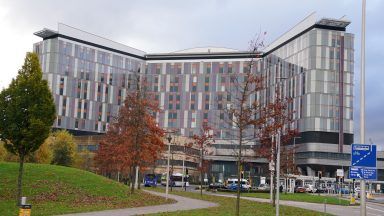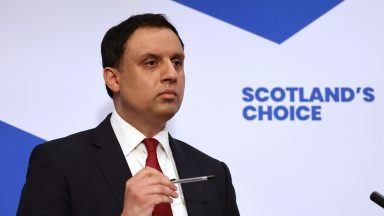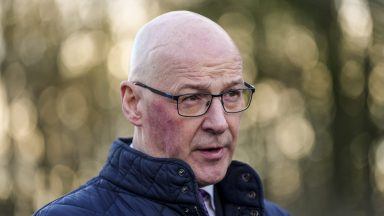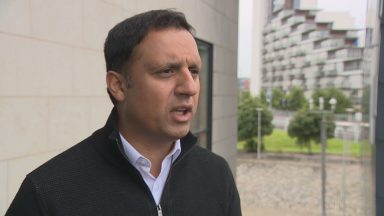The Scottish Government is “no longer seeking to suppress Covid to the lowest possible level”, John Swinney has said.
In evidence to MSPs, the Covid recovery secretary explained that the strategy has changed in the Government’s handling of the pandemic.
Instead, Swinney explained, ministers are trying to utilise vaccination as a means of restricting the pressure created by the virus.
It comes after First Minister Nicola Sturgeon announced that vaccine passports will be introduced in order to try and prevent cases from continuing to rise.
However, there are no plans for the passports, which will apply to nightclubs or attend large-scale gatherings, to be extended to other hospitality settings, Swinney said.
“The Government has changed its approach to the handling of the pandemic,” he told MSPs at Holyrood’s Covid-19 Recovery Committee on Thursday.
“We are no longer seeking to suppress Covid to the lowest possible level. Now that we have vaccinations, the restrictions required to suppress Covid could not be justified given that those restrictions cause serious harms of their own.
“So what we are trying to do is to operate within a context where we have vaccination available to us, and if we maximise the uptake of vaccination, we provide the greatest amount of protection against the prevalence of the virus.”
Swinney indicated that Scotland is in a “very different situation” to what it was earlier this year, when the Scottish Government had to follow advice to apply an immediate lockdown to tackle rising case numbers.
“The best way to explain this is to go back to the situation we faced in January,” he said.
“In January, the Government got advice which basically said to us that unless we applied a further, immediate lockdown, there would be very serious risk, if not inevitability, that our health service would be unable to meet its central purpose and commitment to members of the public.
“Now, we had to follow that advice because we had such a low level of the population vaccinated at that time, it was a tiny proportion of the population vaccinated, and even then, it was only with one dose of the vaccine in a very limited number of people in our society.
“Here today, we find ourselves in a very different situation with a very, very successful vaccination programme in the over-40s, but a vaccination programme in the under-40s that has still got someway to go.
“And we are trying to take steps to enable us to essentially maximise the protection we can achieve from the vaccination programme.
“So, that is the strategy the Government is pursuing. We are trying to utilise vaccination as the means of resisting the pressure the virus can put on us and to avoid having to take any further restrictive measures.”
Swinney also acknowledged the other harms caused by Covid restrictions, whilst outlining the importance of people getting vaccinated and following public health measures in place.
He added: “Covid creates multiple harms and we have to avoid those multiple harms, and the best way to do that is by having very high participation in the vaccination programme and by following the baseline measures.”
Follow STV News on WhatsApp
Scan the QR code on your mobile device for all the latest news from around the country



























